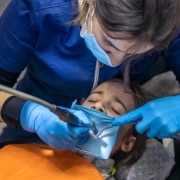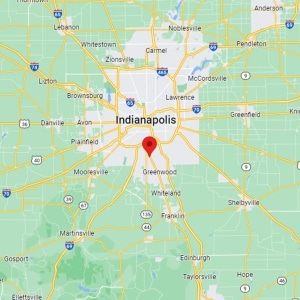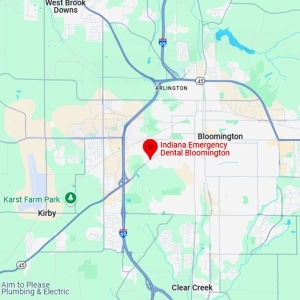Is Sedation Dentistry Right for You? What to Consider
It’s not uncommon to experience anxiety when in the dental chair. There is no reason to let that anxiety keep you from getting the dental care you need, though. Today, modern dental practices like Indiana Emergency Dental offer a compromise—sedation dentistry in Indianapolis, IN. Sedation can calm those nerves and allow you to relax during dental procedures. Who is a good candidate for sedation dentistry?
What Is Sedation Dentistry?
The first step is to understand what is involved in sedation dentistry. It is the use of medication to relax a patient during a dental procedure. Relax can mean anything from taking the edge off to full anesthesia.
Why Consider Sedation Dentistry in Indianapolis, IN?
The primary reason people consider sedation is dental anxiety. You are afraid of going to the dentist, and that fear prevents you from getting the treatment you need. Some other reasons people get sedation include:
- Low tolerance to pain
- Complex procedure
- Sensitive gag reflex
Patients with medical conditions that make sitting still difficult, such as Parkinson’s disease, can also benefit from sedation dentistry. It can be offered as a gas, pill, or IV.
Is Sedation The Right Choice for You?
There are a few other things you’ll want to consider before committing to sedation. First, cost may be a factor. Find out if your insurance covers sedation treatments. If not, what is the cost?
Also, the dentist will want to find out more about you to make sure sedation is safe. They will want a list of medications you take, for example. Have you had reactions to anesthesia in the past?
Finally, you’ll want to consider who is providing the sedation carefully. Look for a sedation dentist trained in using this medication. Also, ask about the specific types of sedation they offer, such as gas, oral, IV, or general anesthesia.
If you are still unsure if sedation is the right choice for you, please call our office to schedule a consultation with our sedation dentist in Indianapolis, IN. At Indiana Emergency Dental, we are happy to review the sedation process with you and help you determine the best option.
















